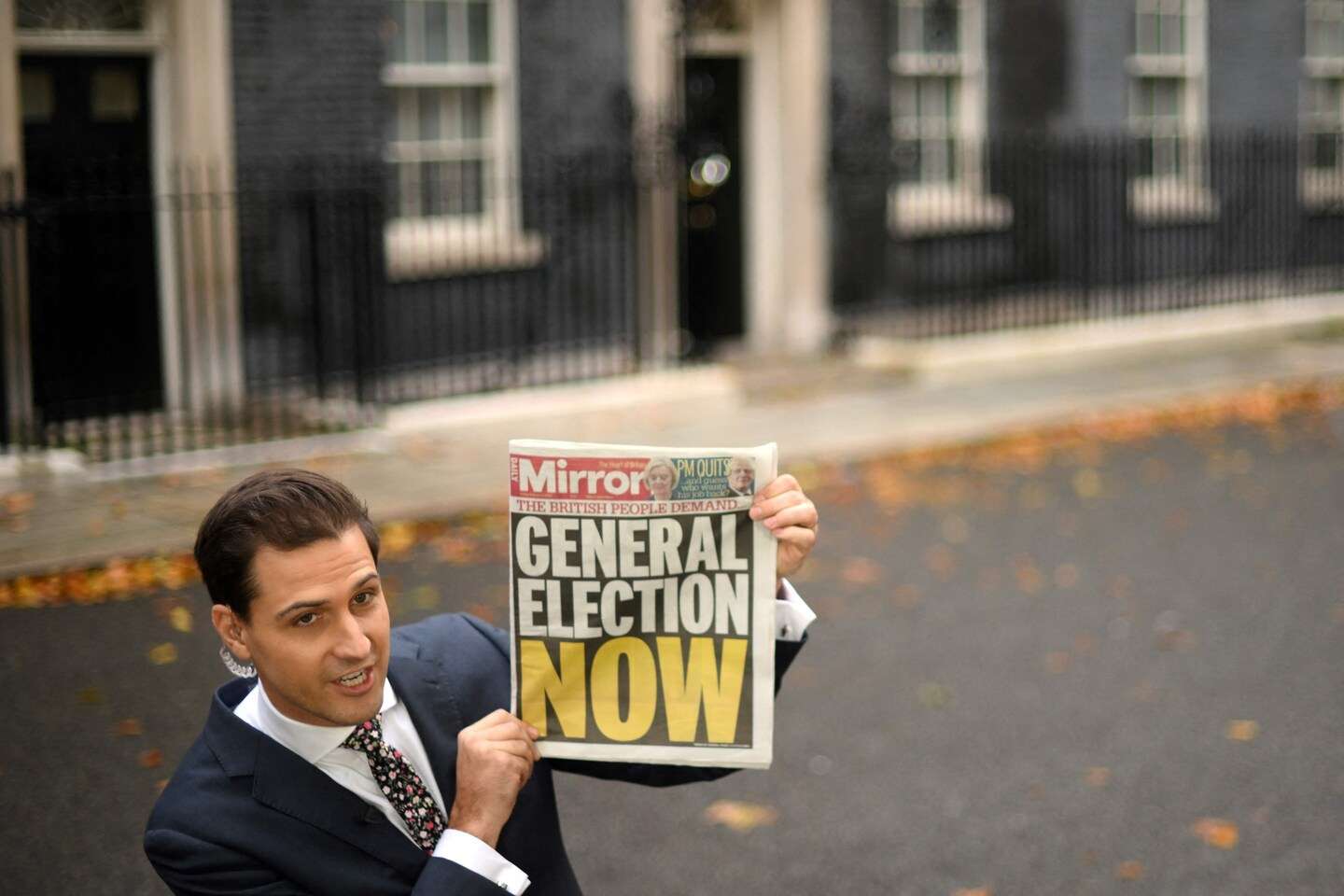The past few months may have seemed like a wild ride for Britain, but wilder times could still be to come.
What’s next in British politics after Truss’ resignation? More chaos.

So what comes next? Here’s how it breaks down.
Why is the British Conservative Party choosing a new leader?
In Britain’s parliamentary system, the leader of the largest party in the House of Commons is expected to form a government. The Conservative Party has led Britain’s government since 2010 and holds a commanding parliamentary majority.
But that’s where its success ends.
Former prime minister Boris Johnson, the charismatic if chaotic leader who steered the Conservatives to a 2019 victory, was ousted this summer after a lengthy wave of scandals caused members of his own government to resign.
After a grueling, two-month internal selection process, the Conservatives elected a new leader: Liz Truss. But she lasted just six weeks before announcing her resignation Thursday. Support for her government had cratered in nationwide polls after the financial markets panicked over her economic program, prompting a swift government U-turn.
What is the process for picking a new leader?
That’s not a simple question, it turns out.
In the contest to succeed Johnson over the summer, prime minister hopefuls needed to get 20 nominations to move on to the next stage. After multiple rounds whittled the list of nominees down to two — Truss and Rishi Sunak, the former chancellor of the exchequer — the fee-paying members of the Conservative Party, numbering just 172,000, cast the deciding votes.
That entire process took two months — a long time, given the fiscal crisis in which Britain finds itself along with the demands of the war in Ukraine and other pressing issues. This time, the process has been expedited to last barely a week.
The Conservative Party’s powerful 1922 committee, a group of lawmakers in Parliament that has no members serving in government departments, said Thursday that all who want to put their names forward for the leadership contest will need nominations from at least 100 Conservative members of Parliament.
Nominations are to close on Monday at 2 p.m. local time. The aim is to put the final two candidates to an online vote of party members before Oct. 28. (An idea to scrap the vote of party members — often an unrepresentative portion of broader British society that tends to favor hard-line candidates but is most engaged with internal party politics — apparently did not pass muster.)
At present, the three front-runners are Sunak, Johnson (yes, again) and Penny Mordaunt, who is the Conservative leader in the House of Commons.
Why isn’t there a general election?
You may have noticed this is all happening within the Conservative Party. What about the public and the other opposition parties, such as Labour, the Liberal Democrats and the Scottish National Party?
Under current rules, they effectively get no say.
Britain’s next election is scheduled for early 2025. Although Parliament can call an early election, the huge majority still enjoyed by the Conservatives means that no early vote could get by without substantial support from them.
Polls show that if a general election were held tomorrow, the Conservatives would lose — badly.
Analysts think Labour could well beat the landslide victory that gave Tony Blair the premiership in 1997. Some observers suggest that the Conservatives could face a parliamentary wipeout, ending up with just five seats in comparison with 523 for Labour (the House of Commons has 650 seats in total).
But public sentiment is in favor of an election — 63 percent want an early election, according to a poll released Thursday — which would put pressure on the next Tory party leader, whoever that is, to entertain the idea, at least.
The idea of Johnson’s returning has only added to the possibility of an early election. Many Conservative members of Parliament publicly broke with Johnson near the end of his term as prime minister just a few months ago, raising questions about his ability to command a real majority.
Johnson is also under investigation for possibly misleading parliament, which could lead to his suspension from office (although no longer prime minister, he remains a member of Parliament).
Labour Party leader Keir Starmer said Friday that there should be an immediate election, arguing that the country “cannot have another experiment at the top of the Tory party.”
“This is not just a soap opera at the top of the Tory party; it’s doing huge damage to the reputation of our country,” he told the BBC.






